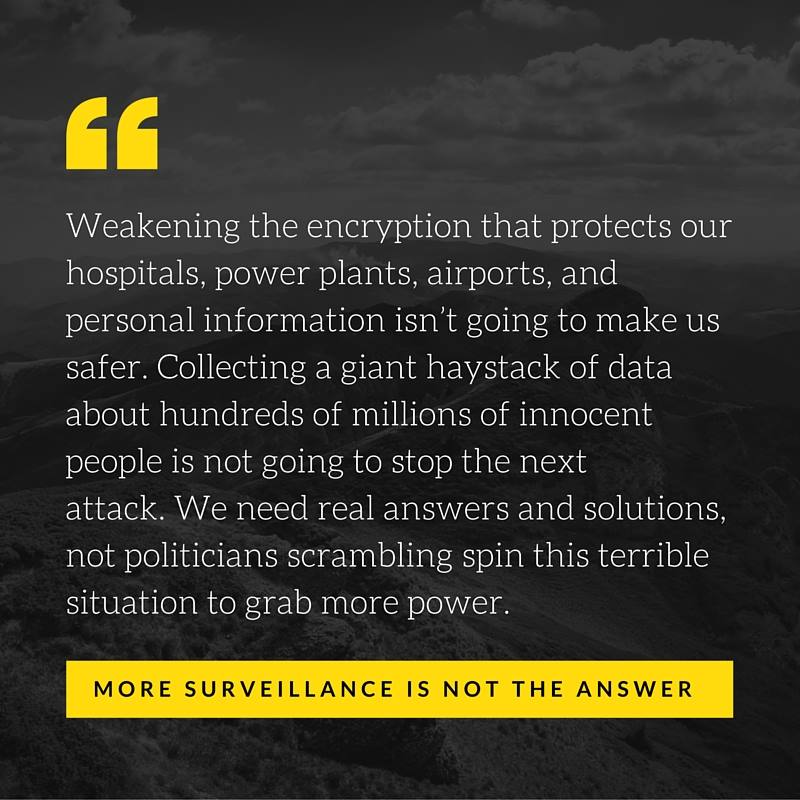Today the Swedish district court of Stockholm ruled that internet service providers (ISP:s) can not be forced to block out pirate sites like the Pirate Bay. (TorrentFreak» | Also in Swedish»)
But it’s still early days. Copyright holders are to appeal the verdict. However, it’s very unusual that Swedish lower courts take bold stands. This might indicate that the judicial system has found that there is a strong case against blocking.
Interestingly, yesterday the German federal court ruled in the opposite direction. (TorrentFreak» | Also in German»)
The key issue seems to be if an ISP can be considered a co-culprit of copyright infringement in relation to the EU Infosoc directive. Conflicting judgements in different member states indicate that the European Court of Justice (ECJ) will have to address the issue. And this can happen soon as a Dutch court already has asked the ECJ for guidance in a similar case.
However, it is possible for a member state to have a stronger copyright protection than required in the EU directive. But this issue might also concern freedom of enterprise and freedom of speech. So there is a high level of uncertainty and confusion.
From a practical point of view, it is interesting to see that blocking out pirate sites has little or no effect on illegal filesharing. (Link 1» | Link 2»)
The bigger question is the principle that ISP:s are not responsible for what their customers are up to in their network (mere conduit). This is a well-established principle in the EU.
In comparison, telephone companies are not liable for what people might say on their phone lines; postal services are not liable for what people send in the mail; owners of roads are not liable for criminals driving around.
If ISP:s were to be responsible for their customers activities — they would have to police everything we do online. Everything. That would be practically extremely difficult and a fierce violation of privacy. (But proponents of mass surveillance often seem to see this as an opportunity to establish new points where to tap into public communications.)
/ HAX

